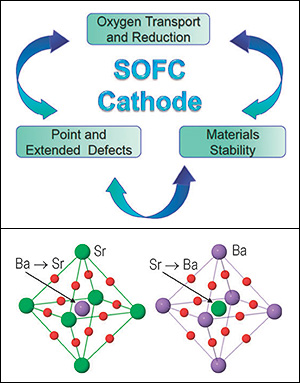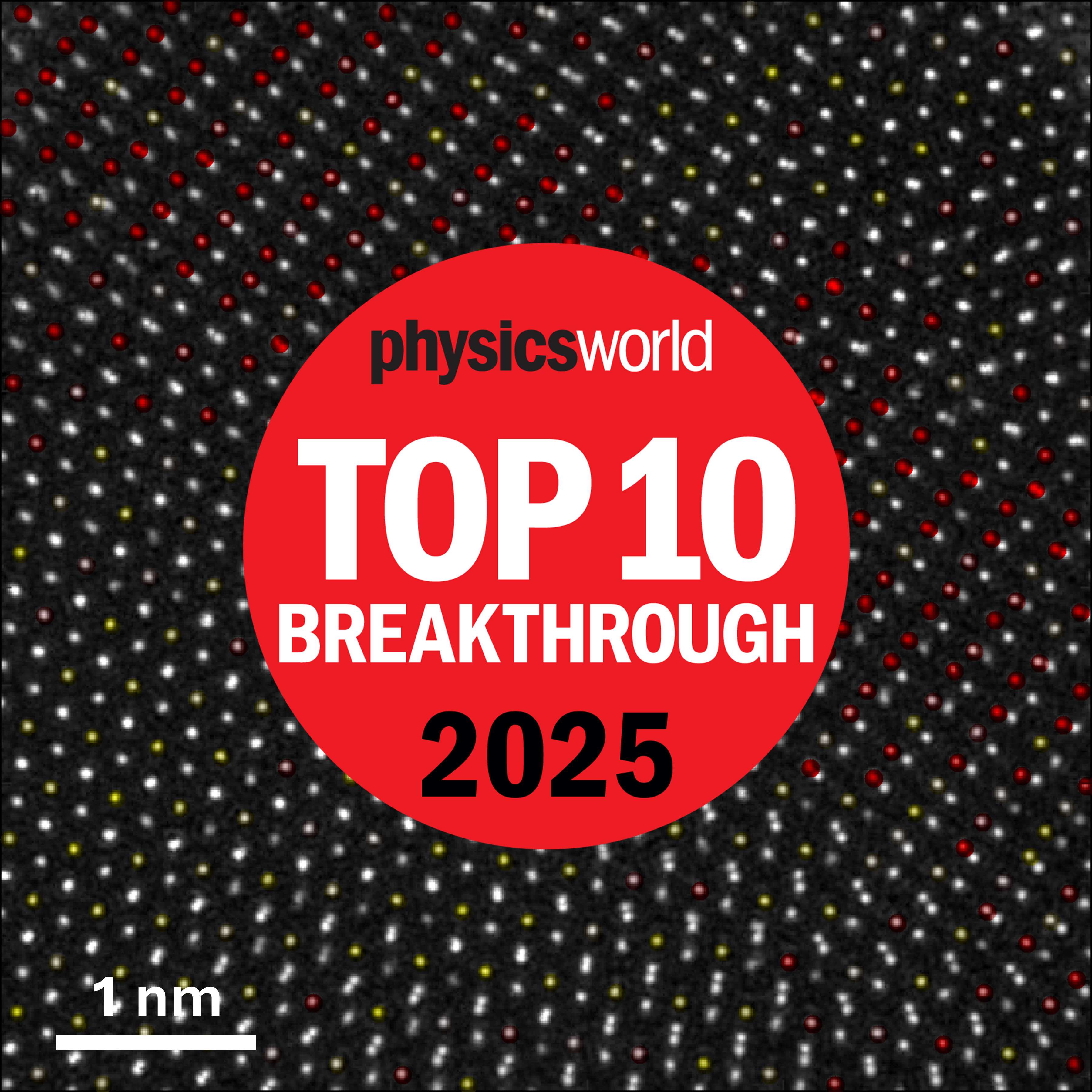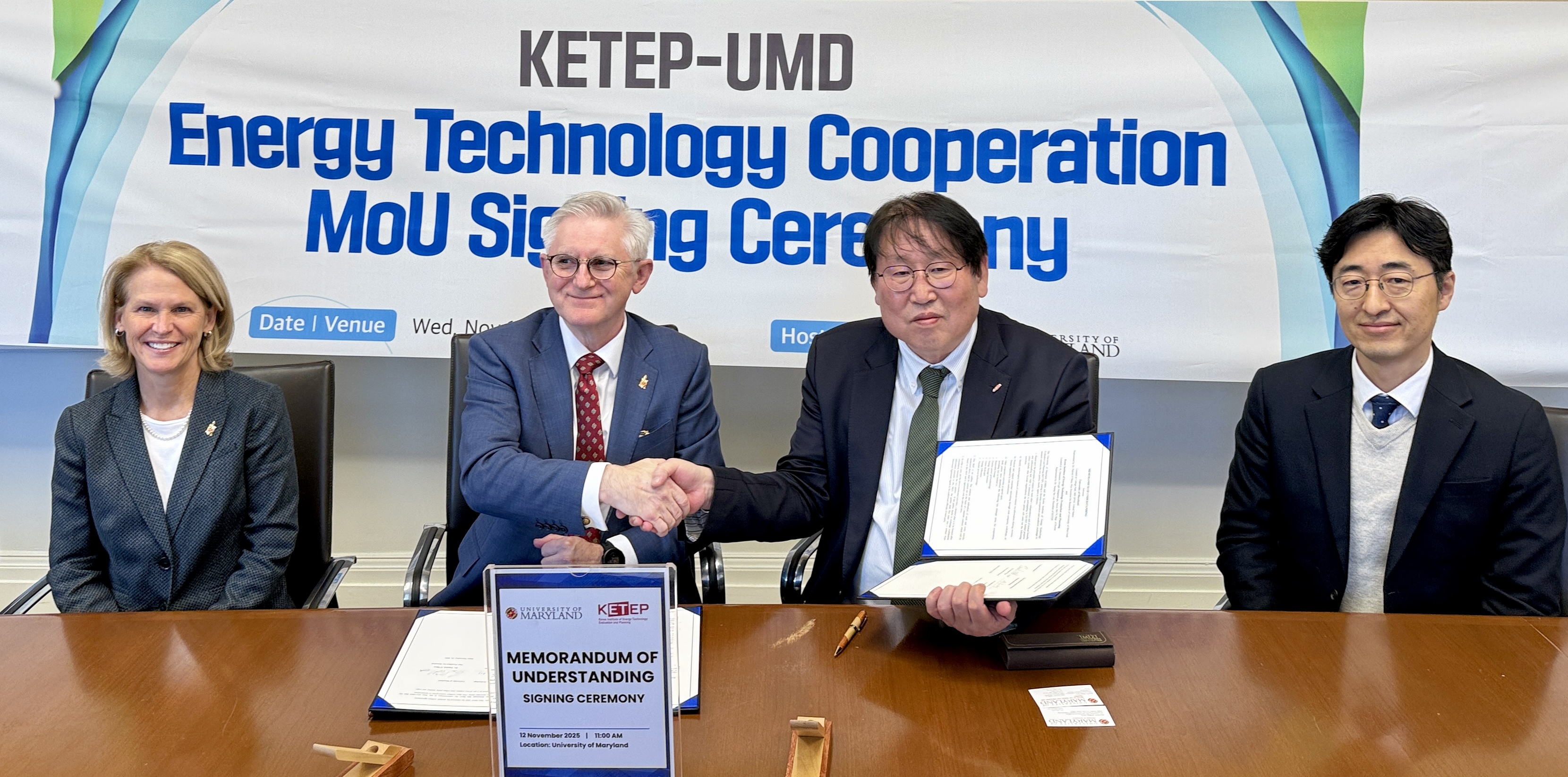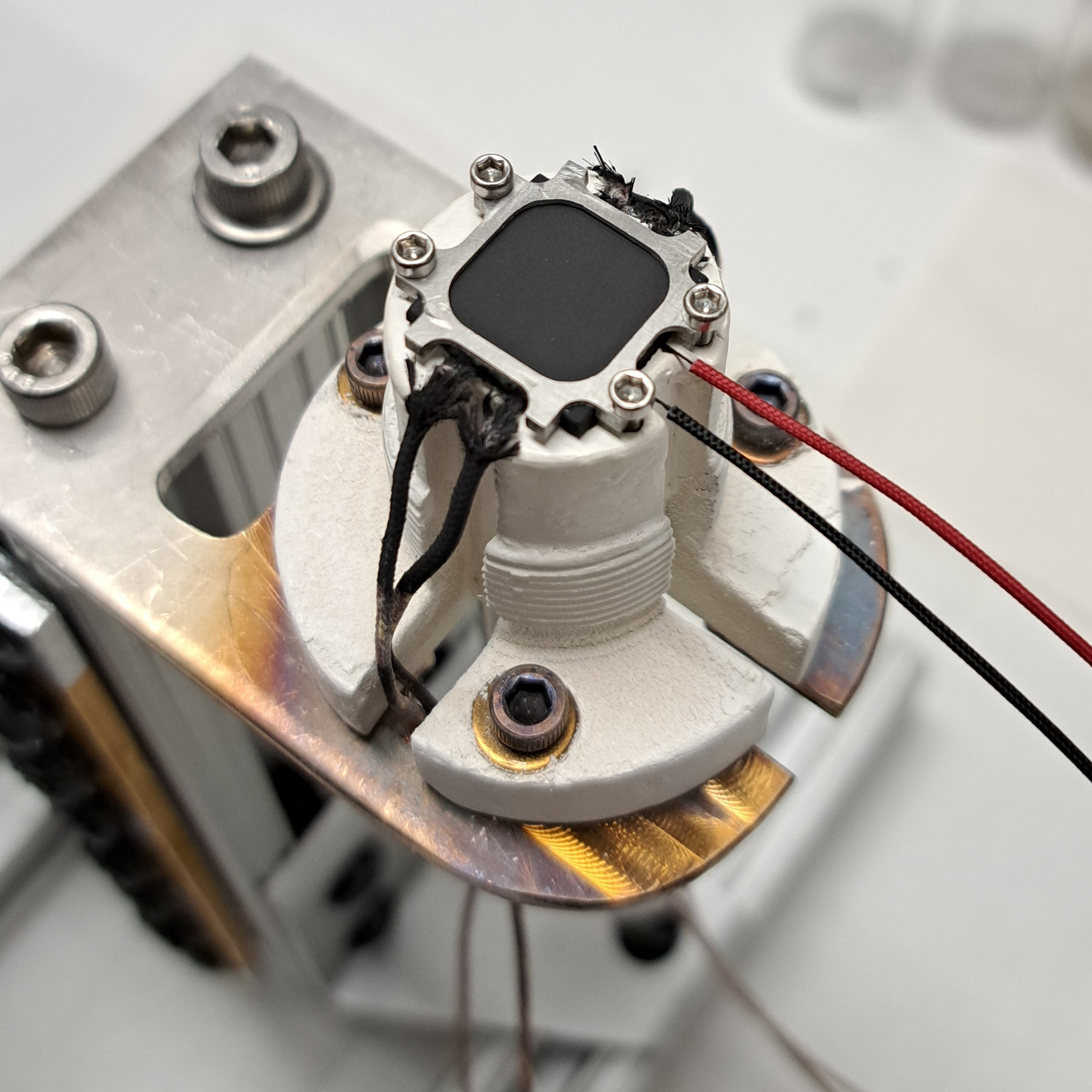News Story
Kukla Contributes Expertise in Fuel Cell Modeling to New Book
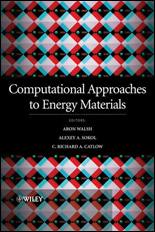
"Dr. Kukla is helping to guide experimental work on fuel cells at UMD and around the world," says MSE Professor and Chair Robert M. Briber. "Her work is at the forefront of field."
According to the publisher, the book "...presents a detailed survey of current computational techniques for the development and optimization of energy materials, outlining their strengths, limitations, and future applications. The review of techniques includes current methodologies based on electronic structure, interatomic potentials and hybrid methods."
Kukla's chapter, "Energy Conversion: Solid Oxide Fuel Cells–First-Principles Modeling of Elementary Processes," describes methods her research group uses to model the behavior of potential cathode materials for use in solid oxide fuel cells, including the chemical processes that take place within them and how their properties and structure govern their performance. Although the chapter focuses on solid oxide fuel cells, Kukla says the general approach could be applied to any material.
While Kukla's team works exclusively with advanced modeling techniques that allow them to obtain information and results that are either too difficult, too expensive, or currently impossible to get from physical tests, she stresses that computational modeling should not simply replace experimental research.
"It's not either/or," she says. "We're doing state of the art modeling and simulations but we work with experimentalists all the time. Our modeling and conclusions provide interpretation of their experiments and we use their experiments to validate, refine or reject our results. So it's a cyclical process. We depend on each other."
Kukla's co-authors on the chapter include E.A. Kotomin (Max Planck Institute for Solid State Research, Germany; and Institute for Solid State Physics, University of Latvia), R. Merkle (Max Planck Institute), MSE research associate Y.A. Mastrikov (University of Latvia), and J. Maier (Max Planck Institute).
For More Information:
Visit Dr. Kukla's web site »
See Computational Approaches to Energy Materials online »
Published March 9, 2013
